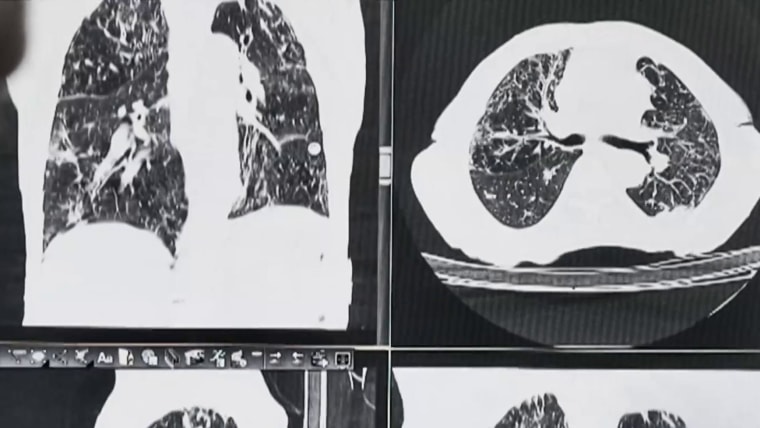The U.S. Food and Drug Administration on Friday approved an Amgen drug for non-small cell lung cancer with a specific mutation in a gene known as KRAS in patients whose disease has worsened after treatment with chemotherapy or other medicines.
The drug, sotorasib, which will be sold under the brand name Lumakras, shrank tumors with the KRAS mutation in around 36 percent of patients in clinical trials.
Amgen said the drug will have U.S. list price of $17,900 per month.
The medication is designed to target a gene mutation known as KRAS G12C that occurs in about 13 percent of non-small cell lung cancers, or NSCLC, the most common type of lung cancer.
Amgen estimates that around 25,000 U.S. patients a year will be eligible for the drug. The KRAS mutation is also found in 1 percent to 3 percent of colorectal and other cancers.
The approval, which comes more than two months before the FDA’s target decision date, is for a daily 960 milligram pill.
The agency is also requiring Amgen to conduct a post-approval study to see if a lower dose could be effective.
Cancer drugs are typically developed at the highest tolerable dose, but some oncologists have urged the FDA to do more to require drugmakers to optimize dosing.
“Our sense is this is going to become more common in oncology,” Amgen research chief David Reese told Reuters in a phone interview.
Lumakras is part of a growing trend of precision medicines that target gene mutations driving cancer regardless of which organ the disease originated.
Reese said Amgen is studying Lumakras in combination with other drugs as an initial treatment for NSCLC patients who have the KRAS mutation, as well as for other types of cancer.
Amgen is also seeking regulatory approval of the drug in Europe, Japan and several other jurisdictions, he said.
Follow NBC HEALTH on Twitter & Facebook.
Source: | This article originally belongs to Nbcnews.com











